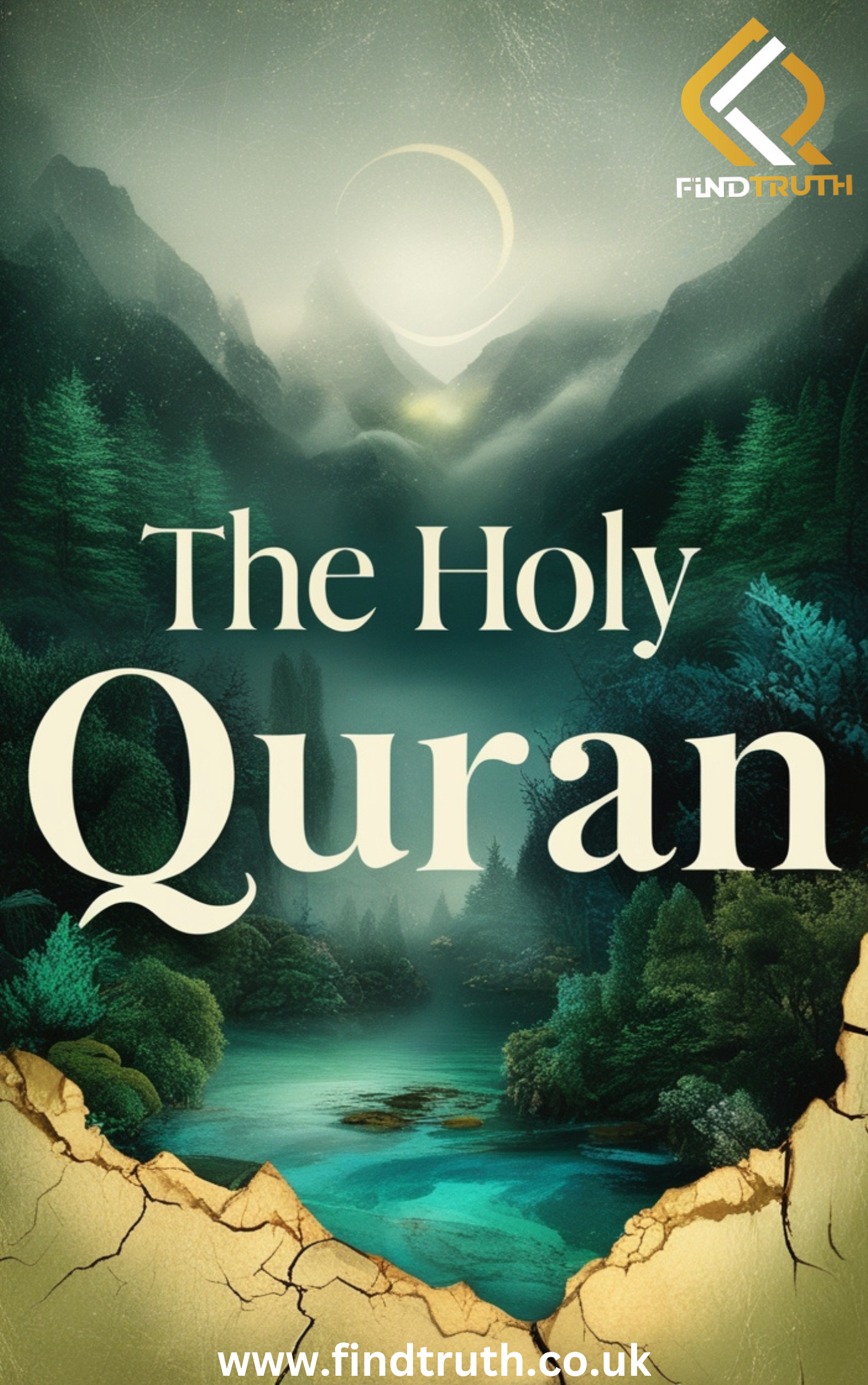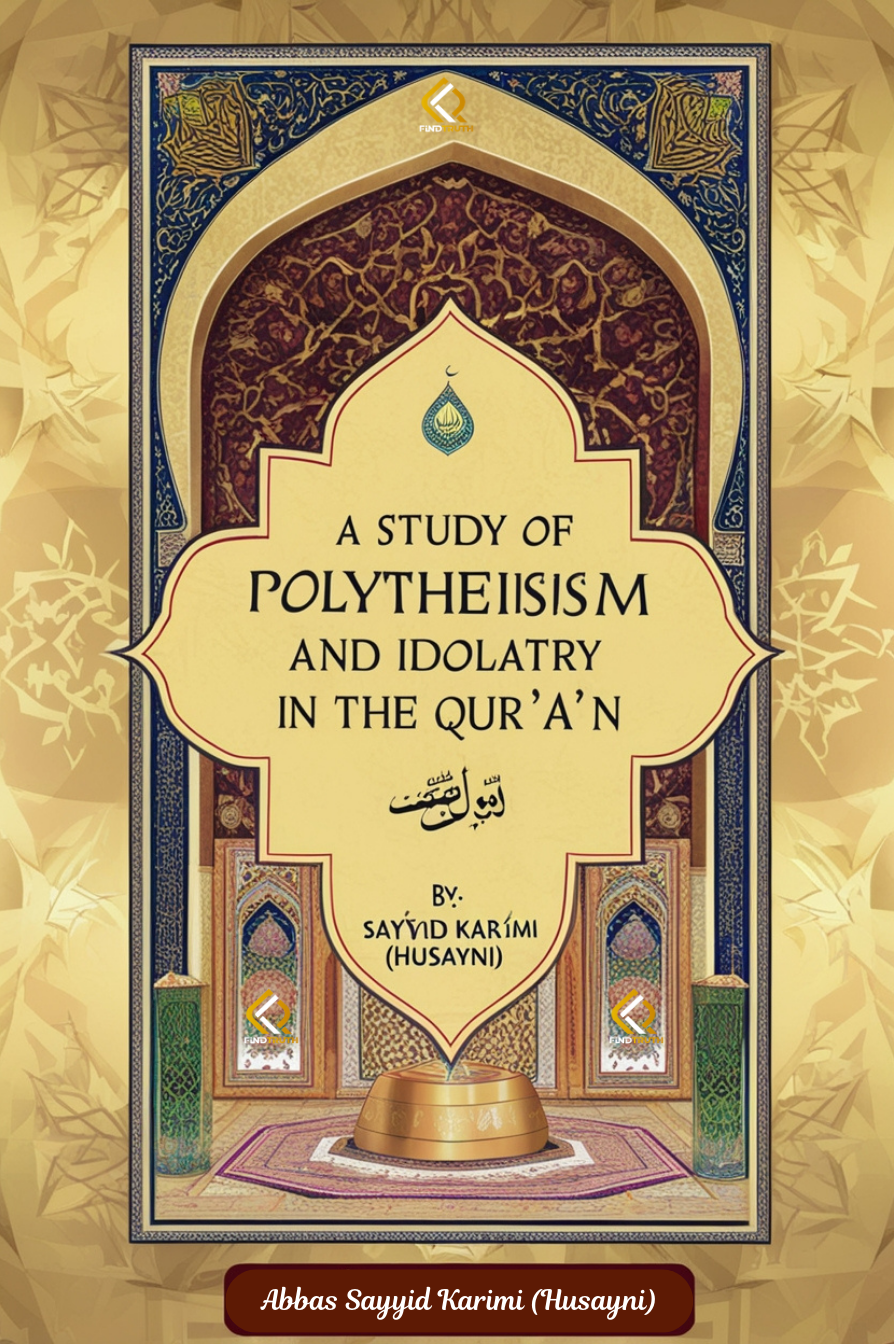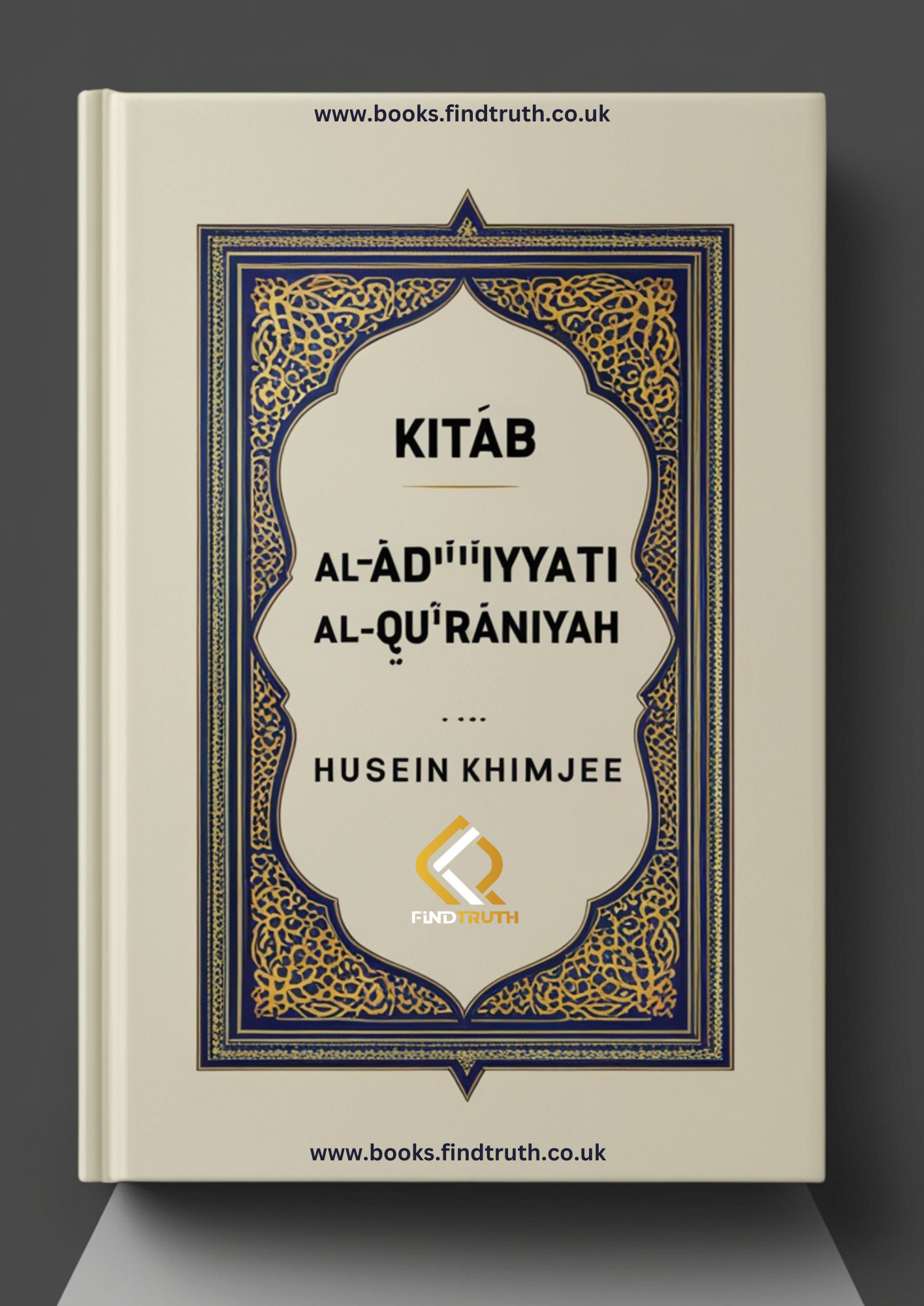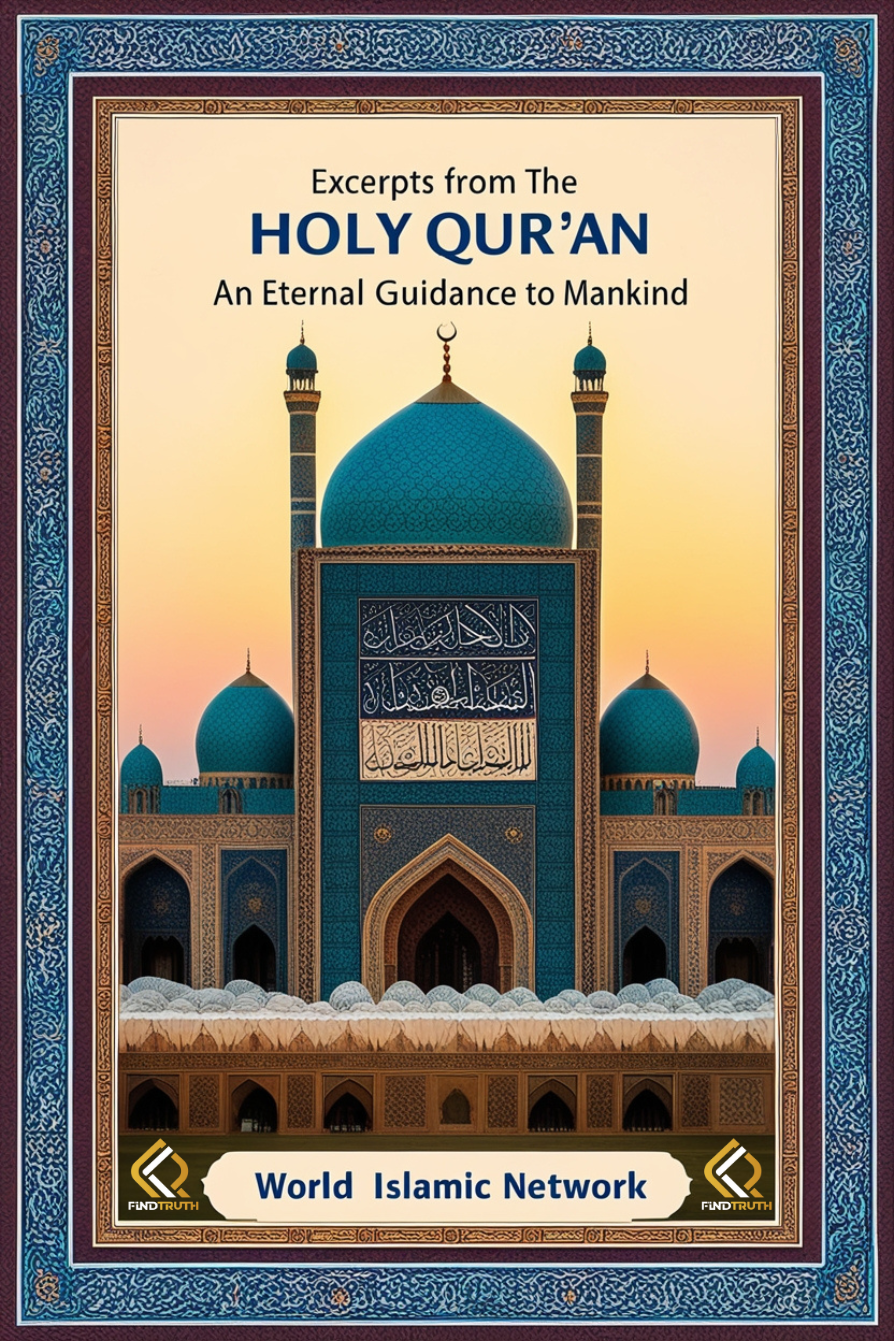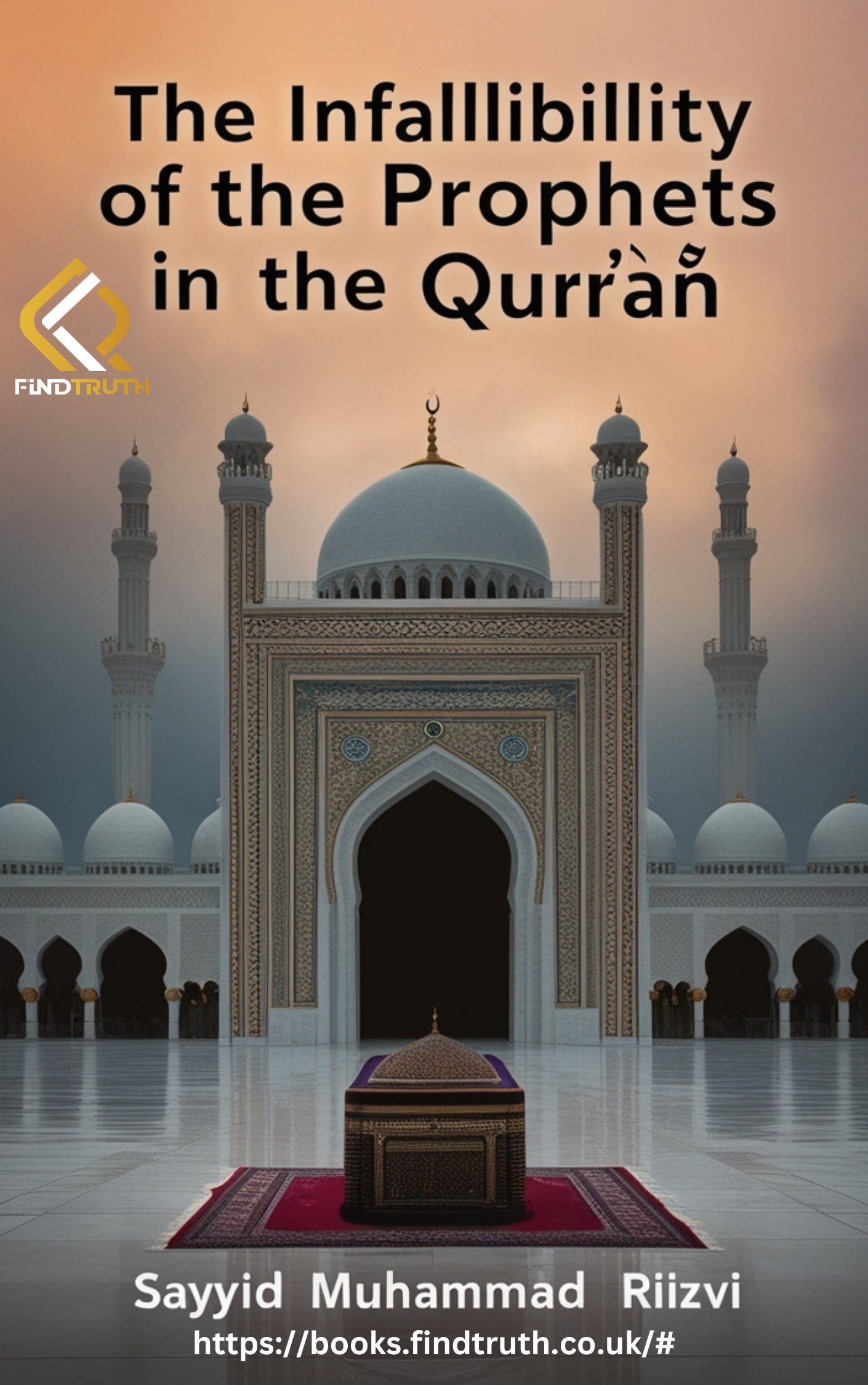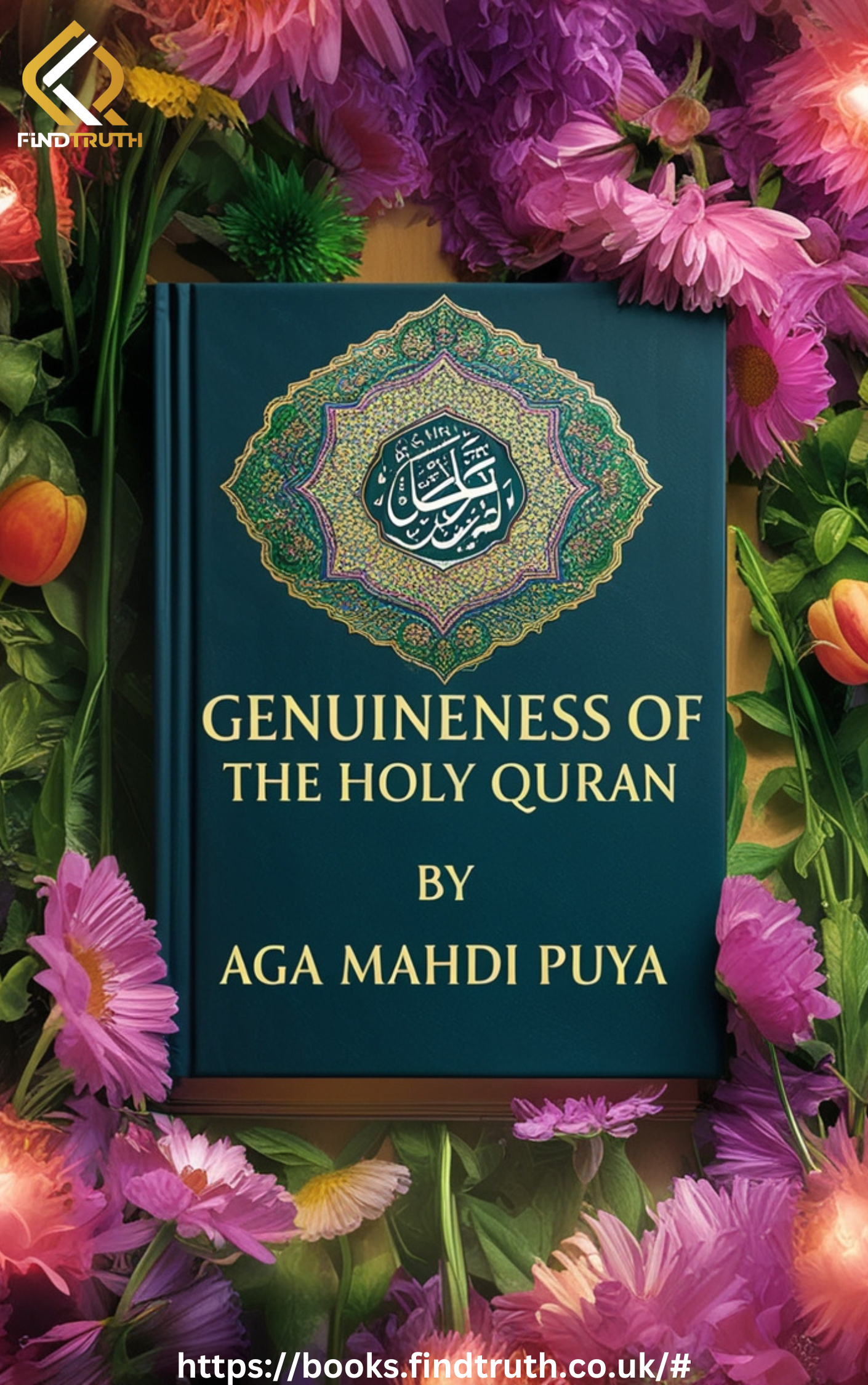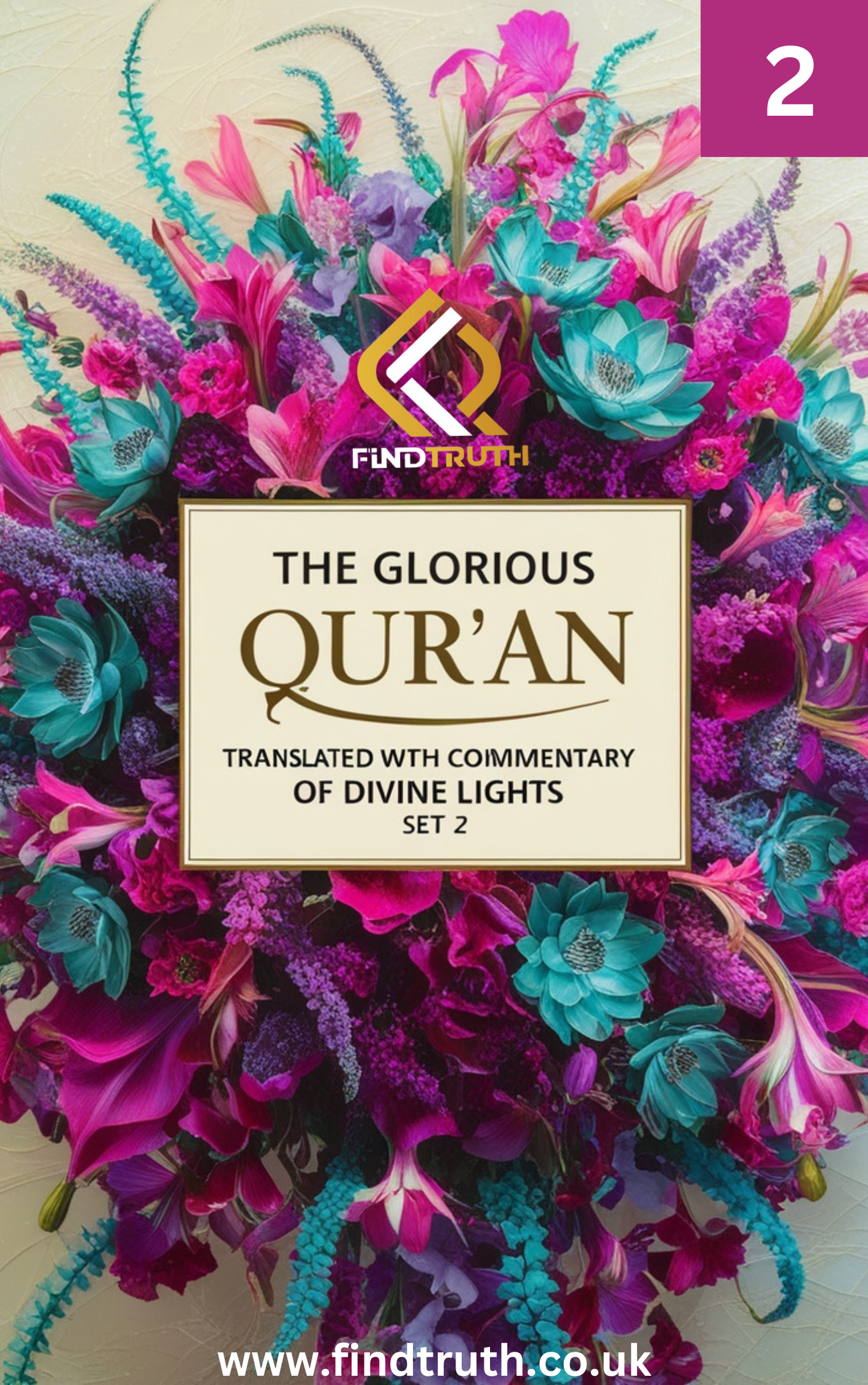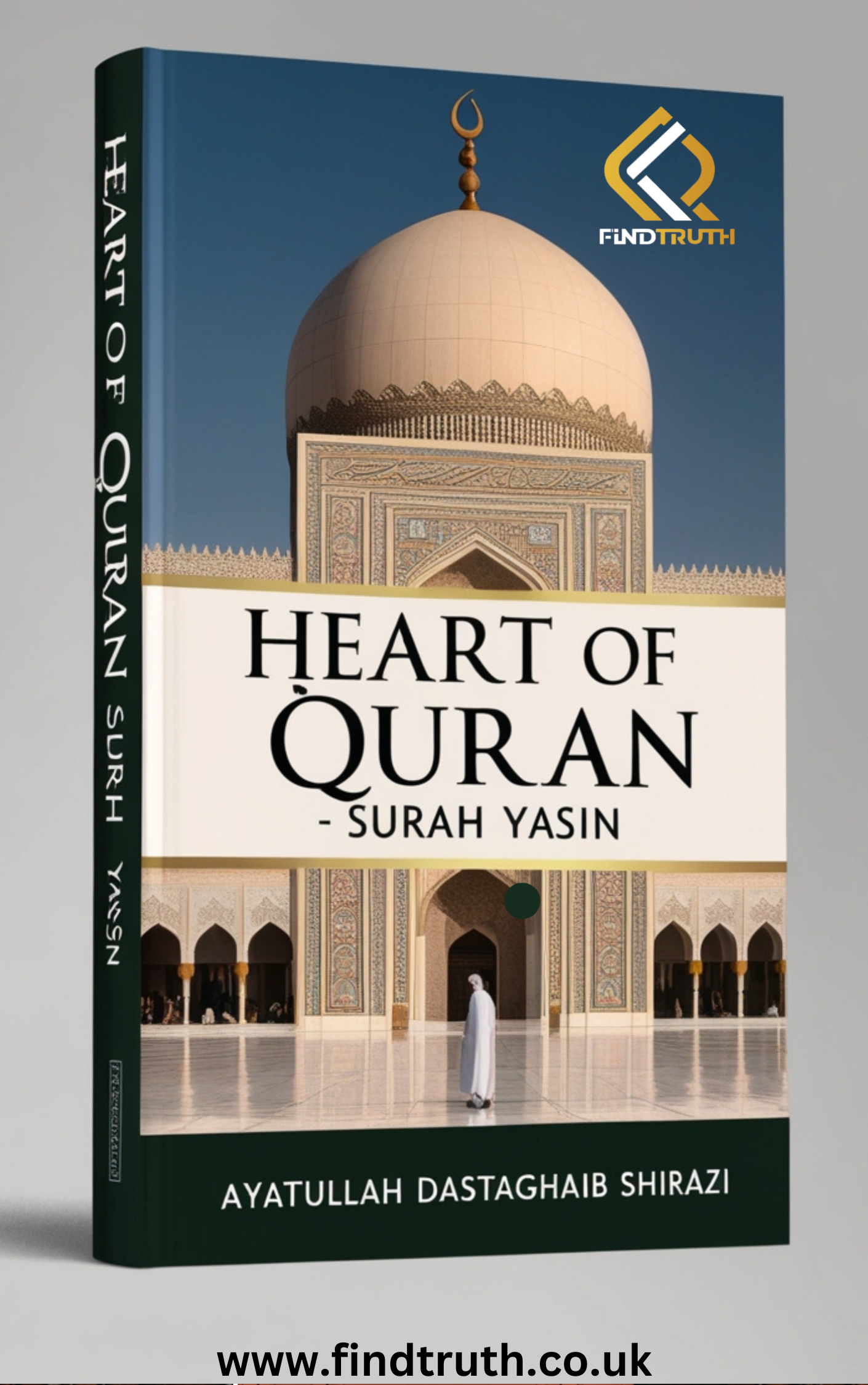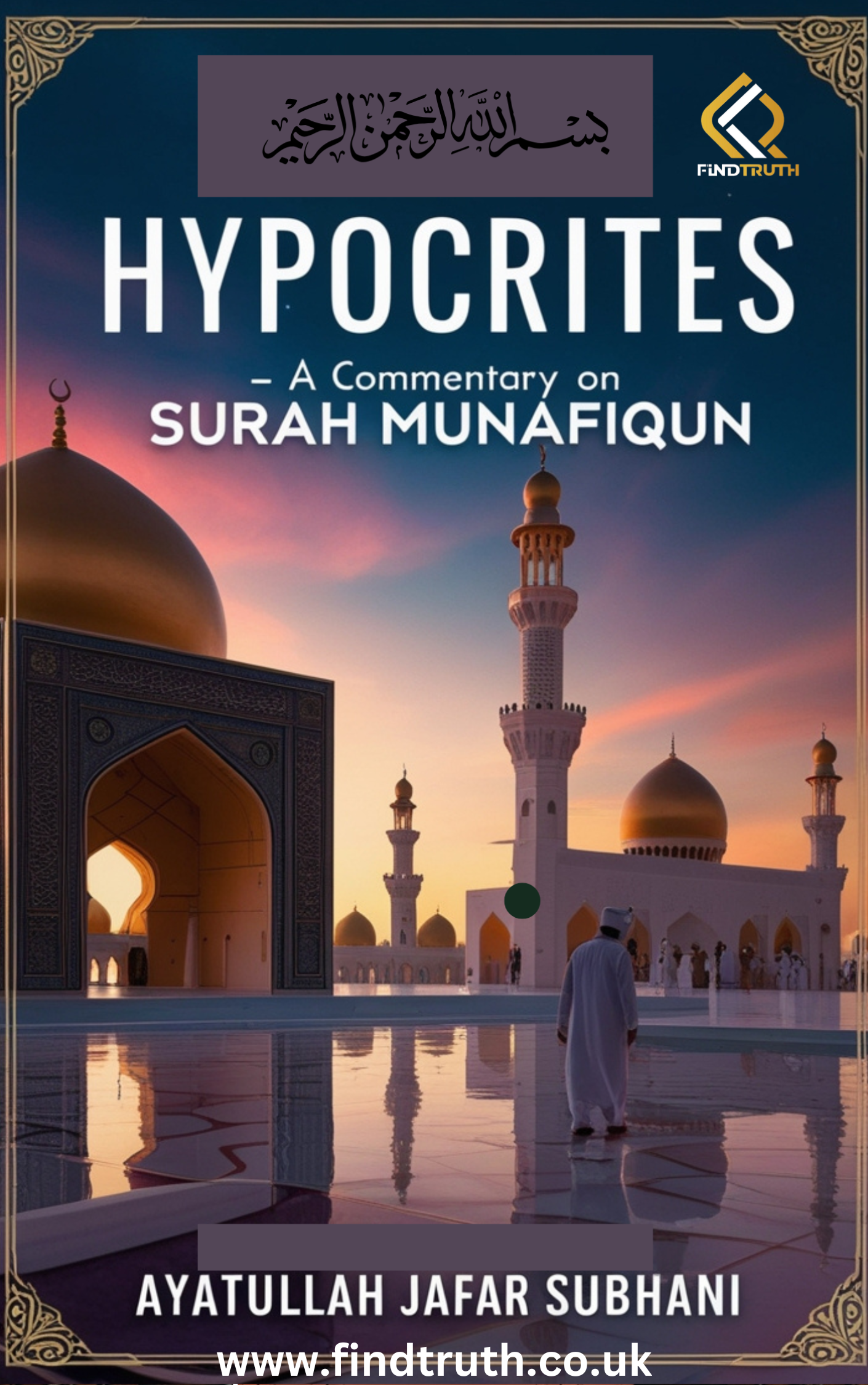The Holy Quran
The Holy Quran is the central religious text of Islam, believed to be a divine revelation to Prophet Muhammad (PBUH) over a period of 23 years. It is considered the ultimate source of guidance for Muslims, addressing all aspects of life, including theology, morality, and law. The Quran consists of 114 chapters (Surahs) and over 6,000 verses (Ayahs) that cover a wide array of subjects, from the nature of God (Tawheed) to the ethical and spiritual conduct of human beings. This sacred text is recited daily in prayers, memorized by millions, and serves as the foundation for Islamic law (Shariah) and theology.
In addition to its religious significance, The Holy Quran is known for its linguistic beauty and poetic eloquence. Its text is often studied with the aid of Tafseer (exegesis) to gain a deeper understanding of its meanings and applications. It also includes many Du’as (supplications) and principles of divine justice, mercy, and guidance for leading a righteous life. This book serves as an eternal guide for Muslims, and its teachings remain relevant across time and cultures.

